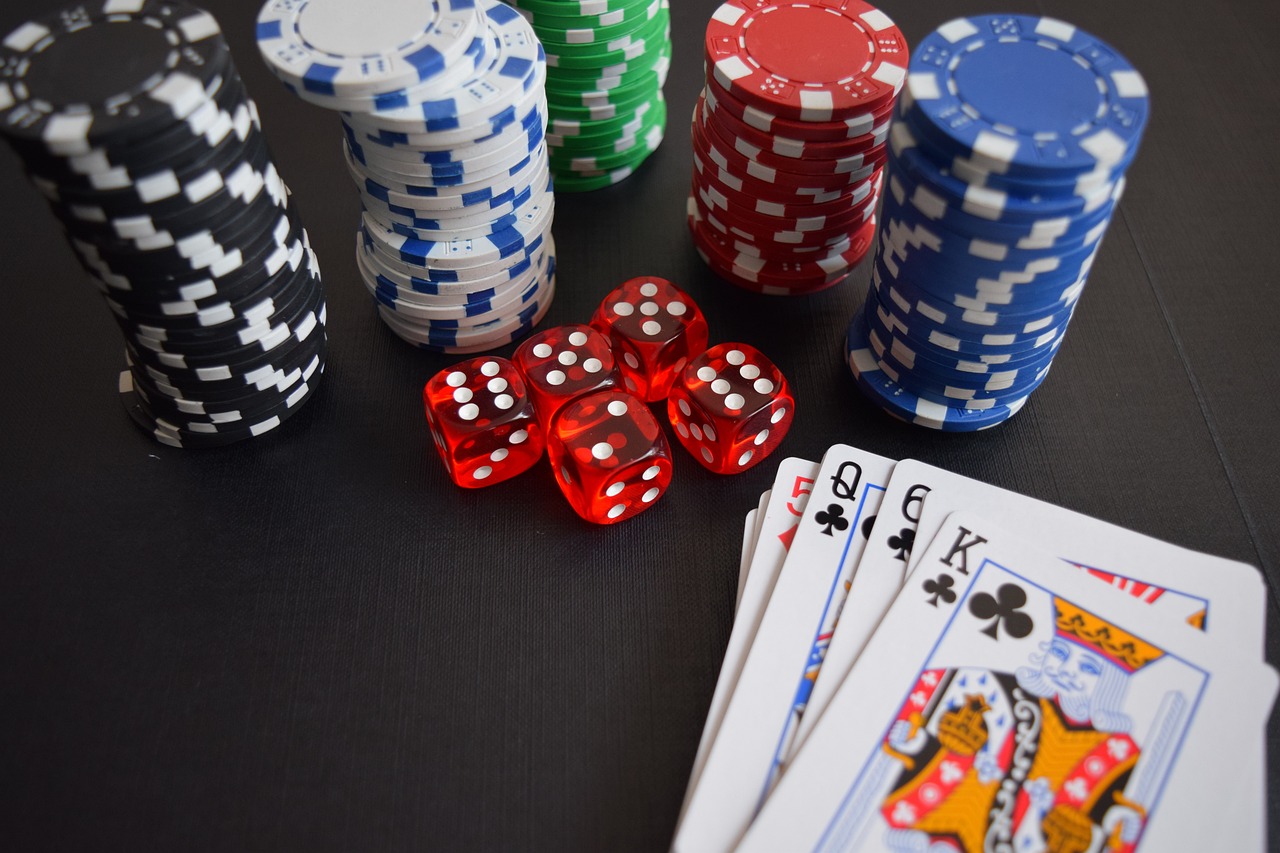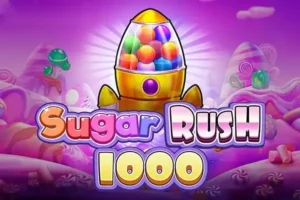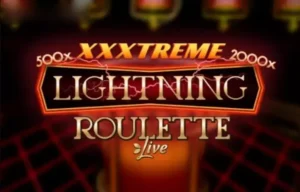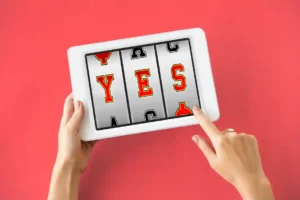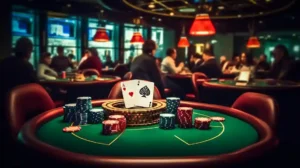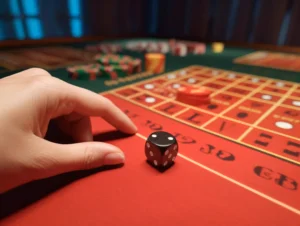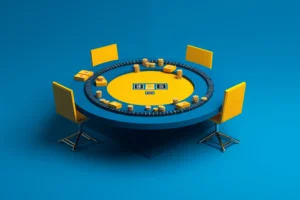Gambling can be an exciting form of entertainment, but for some, it can become a serious problem leading to addiction. Recognizing the signs of gambling addiction early and taking steps to overcome it are crucial for maintaining mental and financial health. This article explores the symptoms, impacts, and strategies for overcoming gambling addiction, providing a comprehensive guide to help those affected regain control of their lives.
Understanding Gambling Addiction
The Nature of Gambling Addiction
Psychological Triggers
Gambling addiction is often driven by psychological factors such as the thrill of winning, the desire to escape stress, and the pursuit of a high that gambling can provide. Understanding these triggers is the first step toward recognizing a potential problem.
Behavioral Patterns
Frequent gambling, increasing bets to achieve the same level of excitement, and feeling restless or irritable when not gambling are common behavioral patterns associated with gambling addiction.
Signs and Symptoms of Gambling Addiction
Emotional Indicators
Feelings of guilt, anxiety, and depression are emotional indicators of gambling addiction. Individuals may also lie about their gambling habits or feel the need to gamble secretly.
Financial Red Flags
Accumulating debt, borrowing money to gamble, and an inability to pay bills or meet financial obligations are significant financial red flags of gambling addiction.
Social Consequences
Gambling addiction can strain relationships with family and friends. Withdrawal from social activities and neglecting responsibilities are signs that gambling is taking a toll on one’s social life.
Strategies for Overcoming Gambling Addiction
Seeking Professional Help
Counseling and Therapy
Professional counseling and therapy, such as cognitive-behavioral therapy (CBT), can help individuals understand their addiction and develop coping strategies. Therapists can provide support and guidance throughout the recovery process.
Support Groups
Joining support groups like Gamblers Anonymous offers a sense of community and shared experience. These groups provide a platform for discussing challenges and successes with others who understand the struggle of gambling addiction.
Developing Healthy Habits
Engaging in Alternative Activities
Finding alternative activities to replace gambling can help reduce the urge to gamble. Hobbies, exercise, and socializing with non-gambling friends can provide healthy distractions.
Establishing Financial Controls
Setting financial limits and having a trusted person manage finances can prevent relapse. Self-exclusion programs offered by casinos and online gambling platforms can also be beneficial.
Building a Support Network
Family and Friends
A strong support network of family and friends can provide emotional support and encouragement. Open communication about the addiction and recovery process is essential.
Professional Resources
Utilizing professional resources such as hotlines, counselors, and addiction specialists can provide additional layers of support and guidance.
FAQs
What are the first signs of gambling addiction?
Early signs of gambling addiction include spending more money and time on gambling than intended, lying about gambling habits, and feeling anxious or restless when not gambling.
How can I help a loved one with gambling addiction?
Supporting a loved one with gambling addiction involves open communication, encouraging them to seek professional help, and providing emotional support. Avoid enabling their gambling behavior by lending money or covering debts.
Are there any medications that can help with gambling addiction?
While no medications are specifically approved for gambling addiction, certain medications used to treat underlying conditions like depression or anxiety may help reduce gambling urges. Consult a healthcare professional for advice.
What should I do if I feel a strong urge to gamble again?
If you feel a strong urge to gamble, try engaging in a different activity, reaching out to a support group, or contacting a counselor. Having a plan in place for moments of weakness can help prevent relapse.
Recognizing and overcoming gambling addiction is a challenging but achievable goal. By understanding the signs, seeking professional help, and building a strong support network, individuals can reclaim their lives and enjoy a healthier, happier future.
